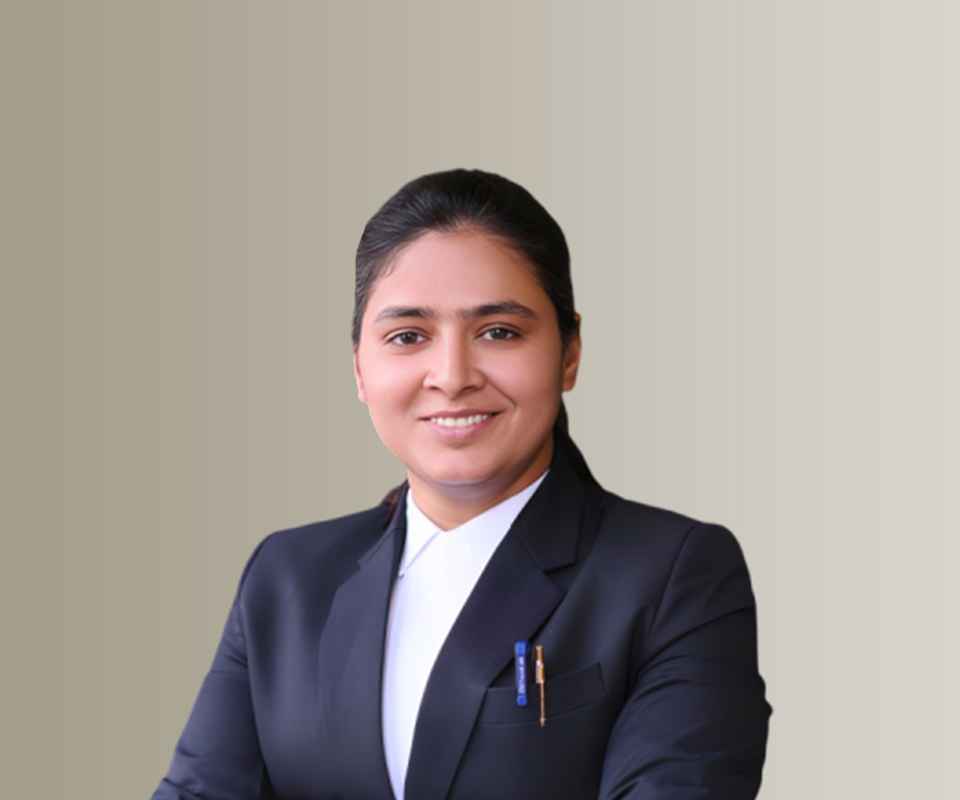Answer By law4u team
A sole license in intellectual property (IP) is a unique form of licensing where the licensee is granted the right to use the IP, but unlike an exclusive license, the licensor retains the right to use the IP as well. It sits between an exclusive and non-exclusive license in terms of control and exclusivity.
Key Features of a Sole License
Rights Granted to the Licensee:
A sole license gives the licensee the right to use the intellectual property exclusively within the terms of the agreement, but with one key difference from an exclusive license: the licensor retains the right to use the IP themselves. This means the licensee has exclusive use within their territory or for the specific purpose outlined, but the licensor can also use or license the IP to others.
Comparison to Exclusive License:
Exclusive License: The licensee has sole rights to use the IP, and the licensor is generally prohibited from using or licensing the IP to anyone else.
Sole License: The licensee has rights to use the IP exclusively in certain respects, but the licensor still maintains the right to use the IP or license it to others.
Comparison to Non-Exclusive License:
Non-Exclusive License: The licensor can grant the same rights to multiple licensees, while the licensee in a non-exclusive agreement does not have any exclusivity.
Sole License: The licensee has more exclusive rights than a non-exclusive licensee, but less than an exclusive licensee, as the licensor retains certain rights.
Control Over Usage:
The licensee has the right to use the intellectual property, and the licensor generally cannot grant the same rights to other parties in the defined territory or for the defined purpose. However, the licensor retains some control, as they can use the IP themselves.
Duration and Territory:
Sole licenses may have specified time periods and territorial limitations, depending on the agreement between the licensor and licensee. The terms can vary based on the needs of both parties.
Legal Implications and Protections
A sole license may include specific terms that prevent the licensor from granting similar rights to others within the same territory or industry, but it does not provide the full exclusivity that an exclusive license does. Breaches of contract by either party may lead to termination or legal action, depending on the agreed-upon terms.
Example
A software company (licensor) grants a sole license to a business (licensee) to use its software for marketing purposes in the North American region for five years. During this time, the business is the only one allowed to use the software in this region for marketing, but the software company retains the right to use the software themselves or grant other licenses for different uses, such as development or research, in the same region.







